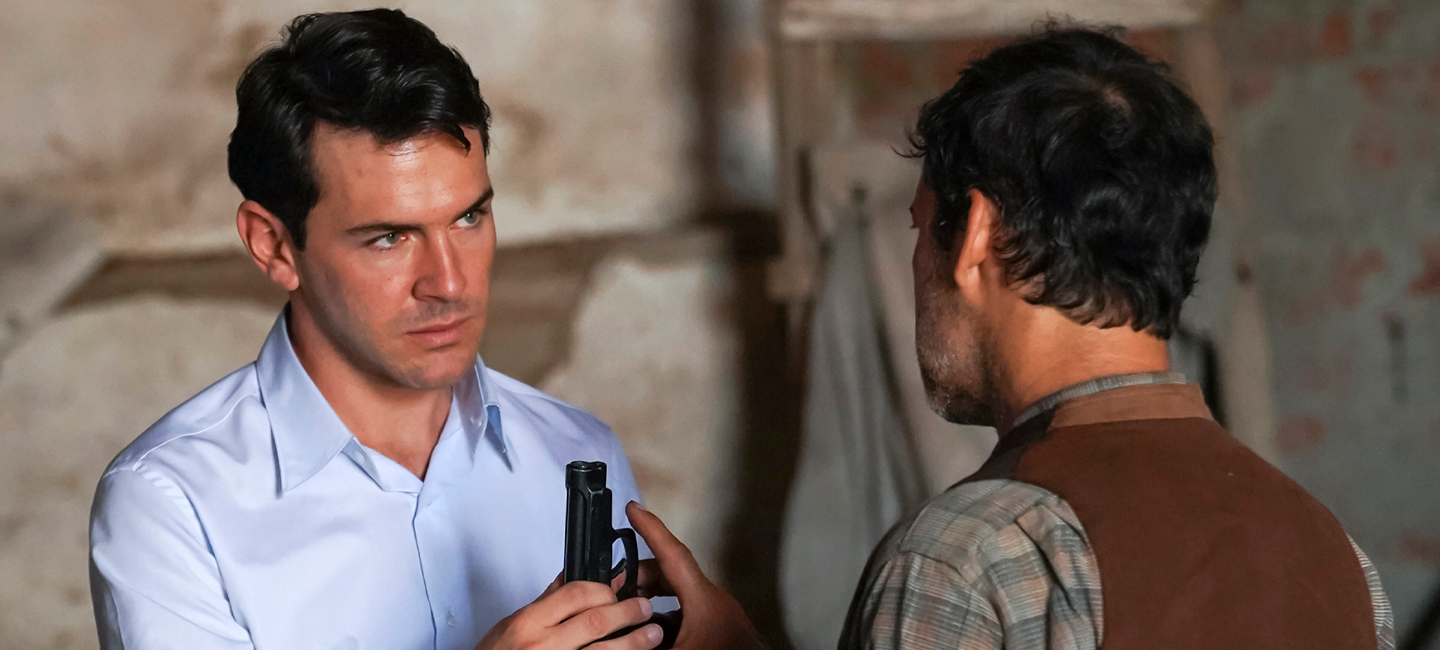SP TELEVISÃO: GLORIA marks a new stage in Portuguese fiction
Pedro Lopes, General Director of Content at SP Televisão, is not dazzled by the success, but recognises that the series Glória, of which he is the author, shown on Netflix and made available to over 190 countries, opened a huge window on Portuguese fiction and obviously became an excellent calling card for SP Televisão.
The series, although the balance, from the point of view of audiences, is confidential, imposed by Netflix, had a great international impact, which can be assessed by the number of articles published in the international press.
The US, for example, was the country where most news came out, but then there are newspapers, such as the British The Guardian, which refers to the series as one of the most interesting premieres of the season (November 2021) and many other articles, some by intellectuals, Italians, Brazilians, for example.
"The series was treated as a special object by the international press, within Netflix's gigantic catalogue, which made us very satisfied. We managed to bring together the best that cinema and television have here, with a focused narrative and an ongoing story and, at the same time, a different time, a reflection and a sensitivity, very much a feature of European productions. This mixture may have been the secret of success", said Pedro Lopes.
"The story was in my mind from a very young age, because the family on my mother's side worked in the old Emissora Nacional, and RARET, a North American radio relay centre, built in Glória do Ribatejo, was a subject every now and then", he added.
His grandfather worked directly with engineer Bívar, who was responsible for finding the land to build RARET, which came to fruition in 1951, relaying Radio Free Europe's broadcasts to what was then known as the Iron Curtain. As he grew older, he realised that the subject was unknown to most people, although it had been familiar to him from an early age.
Pedro Lopes continued: "I thought it was an interesting story. A lost region in the middle of Ribatejo where there is a relay centre that plays an important role in the Cold War, and I also thought there was a connection to current affairs, when we discuss today, for example, fake news or Russian involvement in the North American elections. We realised that the world hasn't changed that much."
The interest in the story told in the series involved the North American managers of Radio Free Europe, who contacted Pedro Lopes, and argued that it was not a propaganda radio station, but a radio station that takes news to regions of the world where information is not exempt.
The love and espionage plot of the series was completely invented. The same officials also wanted to know whether the author had discovered any evidence of espionage or terrorism in his investigations. "I obviously answered them no, that it was completely fictional. However, it happened in Germany, where the broadcasts were recorded, the existence of spies", said Pedro Lopes.
"What I wanted to do was, not totally through historical truth, but through a metaphorical truth, through fictional characters, to characterise the country, the power relations, the gender relations and the whole political environment of the time. I then wrote the book based on the script of the series, going beyond the story told in the series, creating another language, more literary, managing to be more inside the head of the character, escaping the simple reproduction of the scripts, but creating another language", he concluded.


